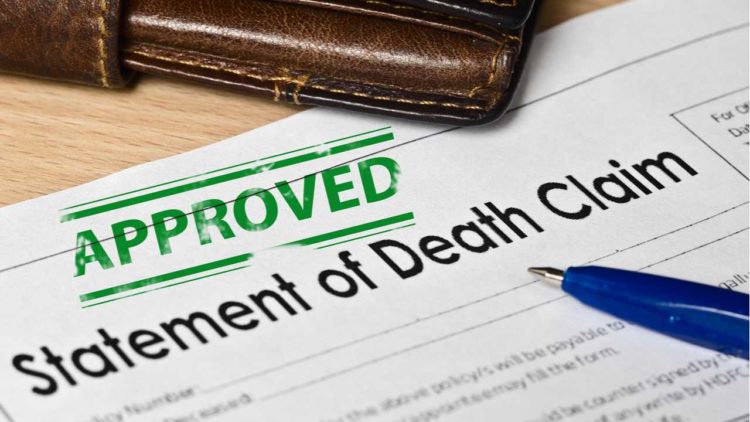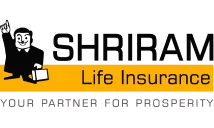
Insurance plans cover the different types of financial risks that you might face and compensate you for the financial loss that you suffer. You buy different types of insurance policies to avail a comprehensive scope of coverage against possible risks that you might face. Life insurance, health insurance and motor insurance plans are the most basic and important coverages needed for financial security. But what happens under these plans when the policyholder dies?
Table of Contents
Each type of plan is affected differently on the death of the policyholder. So, let’s assess the plans independently for a clearer picture.
Life insurance plans
Life insurance plans cover the risk of premature death. Under these plans, the policyholder and the life insured can be two different individuals. For example, if you buy a life insurance policy on your life and you pay the premium, you would be the policyholder as well as the life insured. However, if you buy a life insurance policy on your wife’s or children’s life, you would be the policyholder but your wife and/or children would be the life insured.
Life insurance plans pay the death benefit if the life insured dies. If the life insured and the policyholder are the same person, the death benefit is paid on death of the policyholder and the plan is terminated. However, if the life insured and policyholder are different individuals and the policyholder dies, the insurance policy would not be affected. The policy would continue till the life insured is alive and the due premiums should be paid under the plan for receiving full benefits. If the life insured dies, the plan would pay the death benefit and terminate.
Let’s understand with an example –
Suppose, Mr. Verma buys three life insurance policies as follows –
- Policy 1 for himself
- Policy 2 for his wife
- Policy 3 for his child Rahul
Here’s what would happen to the policies when Mr. Verma, the policyholder, dies –
| Policy details | Policyholder | Life insured | Benefit payable |
|---|---|---|---|
| Policy 1 | Mr. Verma | Mr. Verma | Death benefit would be paid and the policy would be terminated |
| Policy 2 | Mr. Verma | Mr. Verma | No effect on the policy. The policy would continue since Mrs. Verma is alive. The premiums should be paid for complete coverage |
| Policy 3 | Mr. Verma | Mr. Verma | No effect on the policy. The policy would continue since Rahul is alive. The premiums should be paid for complete coverage. If this is a child plan, the premiums would be waived and the plan would continue unaffected |
If the death benefit is payable on the policyholder’s death, the benefit would be paid to the appointed nominee, beneficiary or legal heir of the insured.
Health insurance plans
Health insurance plans cover medical expenses incurred if the insured is hospitalized. They also have the concept of policyholder and insured members. If you buy the policy for yourself, you would be the insured and the policyholder. If, however, you buy a family floater plan or a senior citizen policy for your dependent parents, you would be the policyholder while your family members would be covered under the plan.
Whether you are the insured or not, if you die, no benefit would be paid by the health insurance policy since death is not covered under such plans. However, if the policyholder dies during treatments or after incurring a claim under the health plan, the claim process would have to be handled by the nominee. In case of cashless claims there would be no problems as the insurance company would settle the medical bills directly with the hospital. However, for reimbursement claims, the nominee should complete the claim formalities and the claim amount would be reimbursed to the nominee’s account.
If, after the death of the policyholder, the spouse wants to continue the family floater policy, he/she can submit a written request to the insurance company to change the policyholder at the time of renewals. The death certificate of the policyholder should be submitted along with original policy document for the change. The insurance company would recalculate the premium for the family and renew the family floater policy with the spouse acting as the policyholder.
Motor insurance plans
Under motor insurance plans, since the vehicle is insured, in case of death of the policyholder, no claim is payable. However, death of the policyholder results in change in ownership of the policy as well as the vehicle. For doing that, the legal heir should, first, get the ownership of the vehicle changed in the local RTO. An application should be made to the RTO for a change in ownership of the vehicle. The applicable RTO form, original RC book, death certificate of the policyholder, succession certificate and the identity proof of the legal heir would be needed for such change. Once the RC Book is updated with the name of the legal heir as the new owner, the insurance policy can be transferred too. The legal heir should inform the insurance company and submit the original policy document, updated RC book, death certificate of the policyholder, succession certificate and identity proof to get the motor insurance policy transferred in his/her name. The insurance company would do the needful and the legal heir would become the new policy holder.
Even if the vehicle is sold after the death of the policyholder, the insurance policy and the RC book need to be updated with the name of the legal heir to complete the sales. The legal heir would be allowed to sell the vehicle and transfer the ownership of the vehicle as well as its insurance policy to the new buyer subsequently.
You should understand the impact of the death of the policyholder under these common and important insurance plans. If you are the policyholder of your policies, educate your family on how they can claim the policy benefits in case of your unfortunate demise.
Also Read:
l






























